Purchasing a sewing machine is an investment for many, and discovering defects or malfunctions can be disheartening.
Questions naturally arise: Is there a lemon law for sewing machines? Lemon laws, primarily associated with automobiles, provide consumer protection against persistently faulty products.
While sewing machines may not have dedicated lemon laws in many jurisdictions, general consumer protection laws apply.
In this exploration, we’ll delve into the applicability of lemon laws to sewing machines, common issues that might classify a sewing machine as a ‘lemon,’ and steps to avoid purchasing a defective unit.
Understanding your rights is crucial in navigating potential challenges with sewing machine purchases.
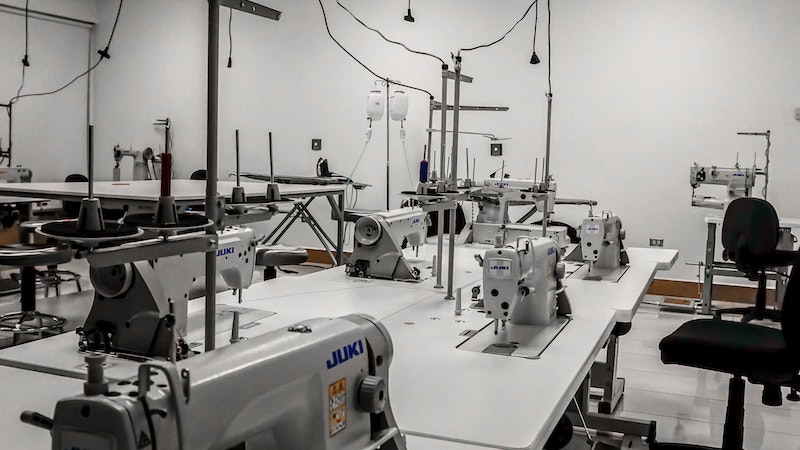
Is There a Lemon Law for Sewing Machines?
Lemon laws, designed to protect consumers with defective products, typically focus on automobiles rather than smaller items like sewing machines. Sewing machines are often subject to standard consumer protection laws.
While some jurisdictions may not have specific lemon laws for sewing machines, consumer rights can still apply. In case of defects, contacting the seller or manufacturer, adhering to warranty terms, and seeking legal advice if necessary are recommended.
Checking local consumer protection agencies and small claims court options can also be considered for resolution. Specific legal provisions vary by location, so knowing the applicable laws in your jurisdiction is crucial.
What Is a Lemon Law and How Does It Apply to Sewing Machines?
Lemon law is a legal framework designed to protect consumers who purchase defective products, typically high-value items like automobiles.
These laws vary by jurisdiction but generally provide consumers with rights and remedies if they end up with a product with substantial defects or fail to meet quality standards. The term “lemon” is often associated with cars, referring to a vehicle with persistent problems.
While lemon laws are more commonly associated with cars, some jurisdictions extend similar protections to other consumer goods, including appliances and electronics. However, the specific details and coverage for products like sewing machines can differ significantly.
Here are some general concepts associated with lemon laws and how they might apply to sewing machines:
Defects and Performance Issues
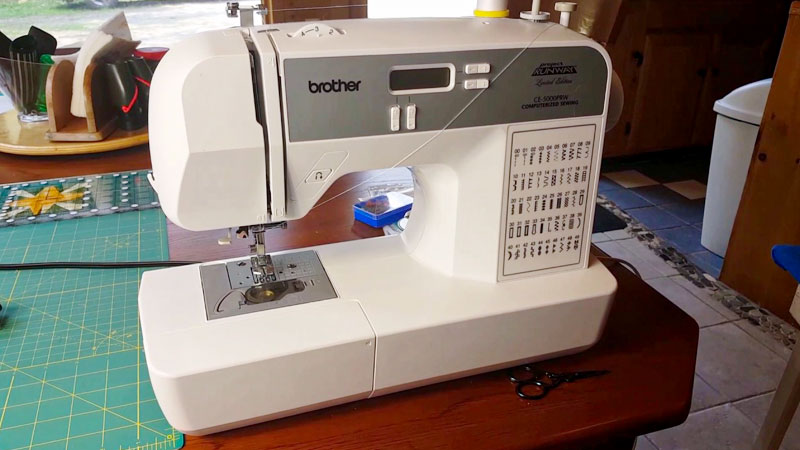
Lemon laws typically cover products with substantial defects or issues that significantly impair their use, value, or safety.
In the context of sewing machines, this could include persistent malfunctions, functional issues, or defects that hinder the machine’s ability to perform its intended functions.
Warranty Coverage
Lemon laws often interact with warranty provisions. If a sewing machine comes with a warranty and develops issues within the warranty period, the consumer may be entitled to remedies such as repairs, replacements, or refunds.
Reasonable Attempts to Repair
Lemon laws may specify a certain number of attempts or a specific timeframe within which the manufacturer or seller must address and attempt to repair the defects. The consumer may be eligible for a replacement or refund if these attempts are unsuccessful.
Consumer Notification
In some jurisdictions, consumers must notify the manufacturer or seller about the defects within a certain period after discovering them. This notification is often a prerequisite for pursuing remedies under the lemon law.
Remedies
Lemon laws typically outline the potential remedies available to consumers, including a replacement product, a purchase price refund, or other compensation.
10 Common Problems That Make a Sewing Machine a Lemon?
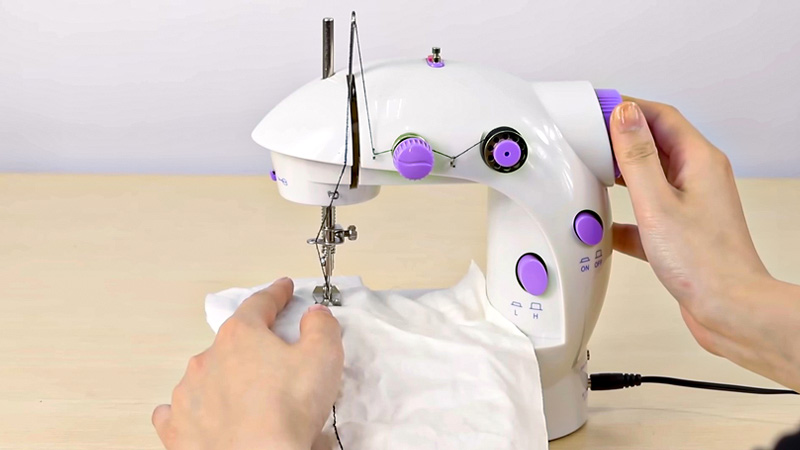
Determining whether a sewing machine qualifies as a “lemon” often involves evaluating the severity and persistence of issues that significantly affect its functionality, safety, or value.
Common problems that may make a sewing machine eligible for consideration as a lemon include:
1. Persistent Malfunctions
If the sewing machine consistently malfunctions despite multiple repair attempts, it could indicate a significant defect. This might include issues like constant jamming, skipping stitches, or motor failure.
2. Electrical or Power Problems
Problems related to the machine’s power supply or electrical components can be serious safety concerns. Persistent electrical failures, short circuits, or issues with the on/off mechanism may warrant consideration under Lemon laws.
3. Unresolved Mechanical Issues
Defects affecting critical mechanical components, such as the bobbin mechanism, needle system, or presser foot, can render the sewing machine unusable or compromise its performance.
4. Inconsistent Stitching
A sewing machine that consistently produces uneven or inconsistent stitches, regardless of adjustments made by the user, may indicate a significant flaw affecting its basic functionality.
5. Unreliable Tension Control
Problems with maintaining proper thread tension can lead to stitching issues and impact the sewing quality. If tension problems persist despite attempts at adjustment and repair, it could indicate a more significant problem.
6. Excessive Noise or Vibration
Unusual and persistent noise or vibration during operation can suggest internal issues with the sewing machine’s components, affecting both performance and user experience.
7. Functional Features Not Working
It may be considered defective if the sewing machine is marketed with specific features or capabilities that consistently fail to work as intended. This could include problems with automatic threading, buttonhole functions, or built-in stitches.
8. Durability and Build Quality
Issues related to the sewing machine’s overall build quality and durability, such as missing or broken parts, may contribute to its classification as a lemon.
How Can You Avoid Buying a Lemon Sewing Machine?
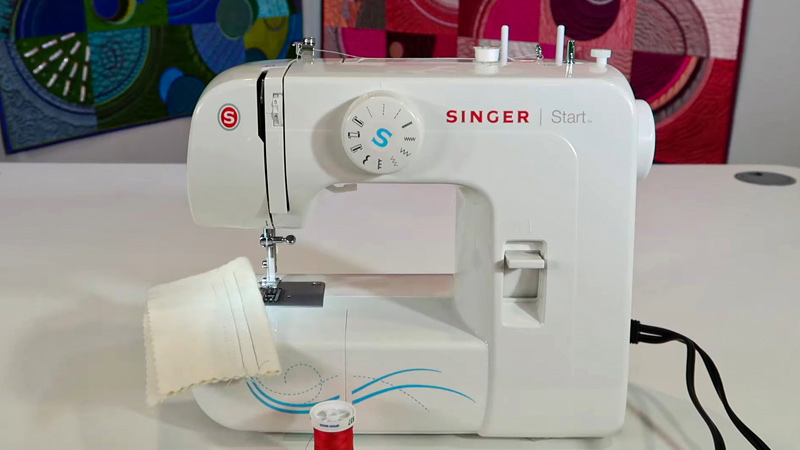
Avoiding buying a lemon sewing machine involves careful research, consideration of your needs, and being vigilant during purchasing.
Here are some tips to help you avoid purchasing a defective sewing machine:
Research Brands and Models
Look for reputable brands that have a history of producing reliable sewing machines. Brands with a good reputation often have better quality control.
Read reviews from other consumers to learn about their experiences with specific sewing machine models. Pay attention to both positive and negative feedback.
Understand Your Needs
Assess your sewing needs and skill level. Consider the type of projects you’ll be working on, the frequency of use, and the required features. This will help you choose a machine that suits your specific requirements.
Set a Realistic Budget
Determine a budget based on your needs and affordability. Avoid choosing a machine solely based on price; sometimes, extremely low-cost machines may have compromised quality.
Visit Local Retailers
Visit local sewing machine retailers to test different models. Try out various features, stitches, and settings to ensure the machine meets your expectations and works smoothly.
Read the Warranty
Carefully review the warranty terms provided by the manufacturer. Understand what is covered, the duration of the warranty, and any specific conditions or limitations.
Compare Features and Specifications
Compare the features and specifications of different sewing machines. Ensure that the machine you’re considering has the functionalities you need for your projects.
Check for Recalls
Check for any recalls or known issues with the sewing machine model you’re interested in. Manufacturers may issue recalls for certain defects, and being aware of these can help you make an informed decision.
Ask for Recommendations
Seek recommendations from friends, family, or fellow sewers with sewing machine experience. Personal experiences can provide valuable insights.
Buy from Reputable Sellers
Purchase from reputable sellers or authorized dealers. This can increase the likelihood of receiving genuine products and having better customer support in case of issues.
Read the Return Policy
Understand the seller’s return policy if the sewing machine doesn’t meet your expectations or has defects. A flexible return policy can provide an added layer of protection.
Inspect the Machine Before the Purchase
If buying in person, inspect the sewing machine for any visible defects or damages before completing the purchase.
Educate Yourself
Learn about common issues with sewing machines and their potential causes. This knowledge can help you identify red flags during the purchasing process.
What Can You Do if You Bought a Lemon Sewing Machine?
If you’ve purchased a sewing machine that you believe to be a lemon due to persistent defects or malfunctions, there are several steps you can take to address the issue:
Contact the Seller or Manufacturer
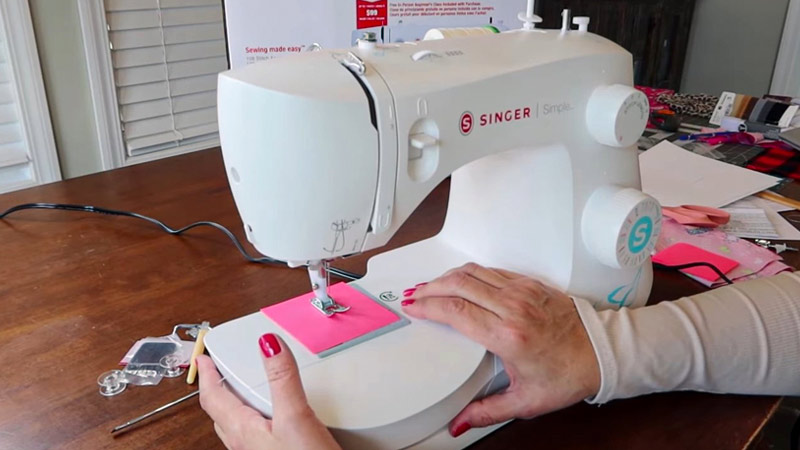
Reach out to the seller or manufacturer when you identify the problems. Provide them with detailed information about the issues, including when they started and any attempts you’ve made to address them.
Be sure to include information like the date of purchase, model number, and serial number.
Follow the Warranty Terms
Review the warranty that came with the sewing machine. Follow the specified procedures for making a warranty claim, which may involve sending the machine for repair, requesting a replacement, or seeking a refund.
Document Everything
Keep detailed records of all communication with the seller or manufacturer. This includes emails, letters, phone calls, and any receipts or documentation related to the purchase and repair attempts.
Be Aware of Lemon Law Protections
Research the lemon laws in your jurisdiction. While lemon laws are more commonly associated with automobiles, some jurisdictions have provisions for other consumer goods, including sewing machines. Be aware of your rights under these laws.
Seek Legal Advice
If your attempts to resolve the issue through the seller, manufacturer, or warranty process are unsuccessful, consider seeking legal advice. Consult with a lawyer specializing in consumer protection or lemon law cases to understand your rights and options.
Consumer Protection Agencies
Contact your local consumer protection agency to inquire about your rights and report the issue. They may be able to provide guidance on the appropriate steps to take.
Better Business Bureau (BBB)
Consider filing a complaint with the Better Business Bureau if the seller or manufacturer is unresponsive or unwilling to address the issue.
Small Claims Court
Depending on the value of the sewing machine and the specific laws in your jurisdiction, you might consider filing a claim in small claims court.
Small claims court is designed to handle disputes involving smaller amounts of money and may not require legal representation.
Review Return and Refund Policies
Check the return and refund policies of the seller. Even if the sewing machine is not covered by lemon laws, you may be able to return it within a certain timeframe for a refund or replacement.
Consider Alternative Dispute Resolution
Some jurisdictions offer alternative dispute resolution mechanisms, such as mediation or arbitration, to resolve consumer disputes without going to court. Check if these options are available to you.
FAQs
Is there a lemon law for sewing machines in California?
Yes, California has lemon laws covering sewing machines. Consumers may seek remedies if defects persist after a reasonable number of repair attempts.
Can I take preventive measures to avoid buying a lemon sewing machine?
Yes, thoroughly researching, testing machines, reading reviews, and purchasing from reputable sellers can significantly reduce the risk of buying a defective sewing machine.
How long should I wait for a repair before considering my sewing machine a ‘lemon’?
The specific timeframe varies, but if the sewing machine continues to have issues after a reasonable number of repair attempts within the warranty period, it may cause Lemon Law consideration.
To Recap
While dedicated lemon laws for sewing machines may not be universal, consumers are not without recourse when faced with persistent defects.
Existing consumer protection laws, warranties, and prudent purchasing practices play essential roles in safeguarding against faulty products. Vigilance in researching, testing, and understanding warranty terms before purchase remains crucial.
Without specific legislation, seeking resolution through communication with sellers and manufacturers, consulting legal advice, and exploring alternative dispute resolution mechanisms become key.
Empowered with knowledge, consumers can navigate challenges, ensuring their sewing machine investments align with expectations and standards of quality and that suitable remedies are pursued when necessary.
Leave a Reply